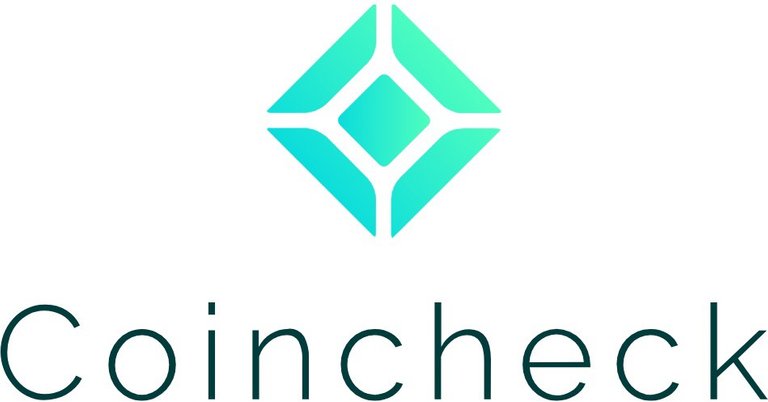Japan: Coincheck exchange platform has begun to pay victims of piracy.

The Japanese exchange platform Coincheck has begun to reimburse XEM crypto-currencies to its users . Yesterday, we learned that some of its employees were victims of a phishing device, allowing hackers to take control of its NEM portfolio .
Several hundred million dollars to repay
CoinCheck logoIt's a difficult awakening for Coincheck, after the hacking she suffered on January 26th.
Through an announcement published today on its website, the platform indicated that it had begun to reimburse - in Japanese yen - the equivalent of the XEMs held by its users during this flight . This refund is not made at the market price, but at a rate set in the hours following the piracy, at 88,549 Japanese yen (or about $ 0.832) by XEM stolen.
And users Coincheck finally may end there: when writing this article, the XEM was trading at around 0.389 dollars - a price more than two times lower than they will be able to recover .
We remember that the platform was quickly confirmed during a press conference, he was subjected to what had become the biggest "crypto-hack" in history , ahead of the defunct Mt. Gox.
Immediately after the attack, Coincheck pledged to reimburse the full amount lost by its users. She had reiterated her promise last week, when the platform's CEO had provided additional details regarding the compensation.
Today Coincheck said it had again authorized withdrawals and exchange digital assets - including the ETH , the ETC , the XRP the LTC and the BCH .
Coincheck employees are victims of a phishing device
pirate-binanceWe now know more about the procedure used by hackers.
While Coincheck of the leaders had hinted at the use of malware, a report published yesterday by the site Nikkei reveals that some Coincheck employees were victims of phishing emails .
They would have received emails presenting themselves as internal messages , written in English. These included an address that, when clicked on, allowed hackers to access the affected computers.
The hackers then transmitted for several weeks data to external servers, located in the United States and Europe, until the night of 25 January. They were then able to steal the private key allowing them to take control of the only NEM wallet on which Coincheck held XEMs.
According to a source close to the Tokyo Metropolitan Police Department investigation, more than 100 police officers were reported to have been investigating the robbery .
The platform has recently been subpoenaed by the Financial Services Agency ( FSA ), which requires it to send it a written note in which it explains exactly how it plans to improve its operational organization. Let us bet that she decided to completely review her safety devices - devices whose weakness had been lambasted by many observers.
It's a very good news for us even of crypto currency. Because this creates a transparency and assurance when investing in crypto currency. Many governments in many countries do not advise citizens to invest. They are told that if an incident like pirating occurs, they can not protect their rights.